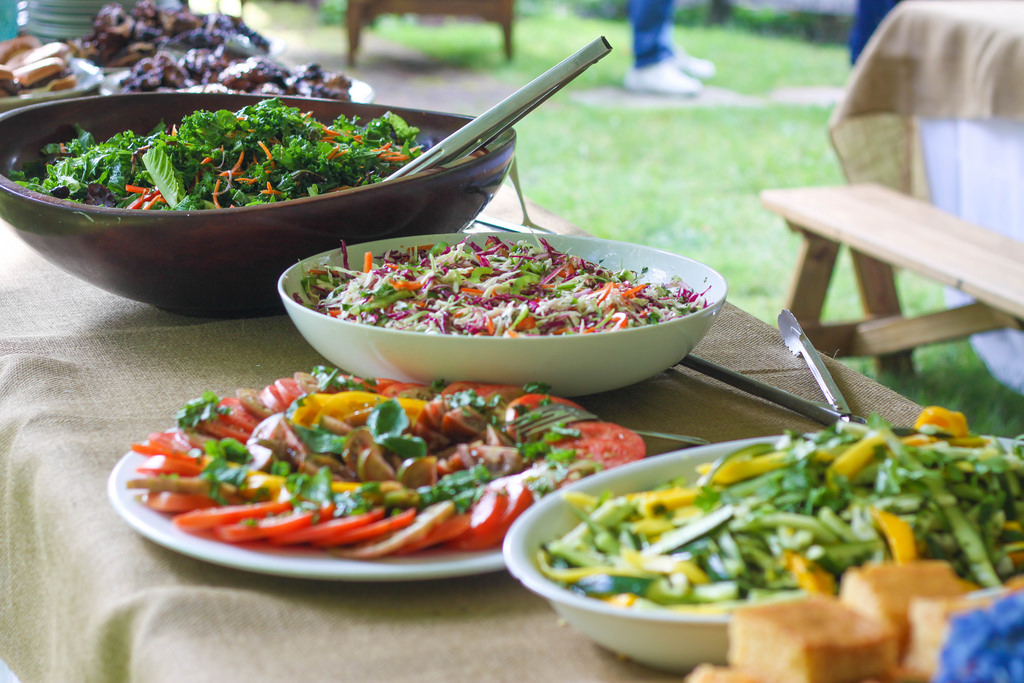We’ve all been there — have a snack or meal and a few hours later, we are sick to our stomach and wondering what went wrong. In the first half of 2018 there have already been more than 60 reported Food and Drug Administration (FDA) recalls for foods containing harmful bacteria that lead to foodborne illnesses. In the past week alone, two of the biggest snack brands, Goldfish and Ritz Crackers, have issued safety recalls for a variety of their products due potential presence of Salmonella.
And all of this comes only months after a wide-spread recall for Romaine lettuce that caused more than 150 people across 30 states to become ill and cost farmers, producers and sellers millions of dollars.
As more and more of these food recalls and warnings become front-page news, it shines light on the safety of the food industry and how we can continue to keep ourselves and our families safe from the perils of foodborne illness.
What is Foodborne Illness?
Foodborne illness is an infection or irritation of the gastrointestinal (GI) tract caused by foods or beverages that contain harmful bacteria, parasites, viruses, or chemicals.
Most common foodborne illnesses stem from the likes of Salmonella and E.Coli, and are contracted through consuming uncooked or undercooked meats, having improper hygiene or food storage temperatures, and use of contaminated water.
Symptoms can range from mild to severe and include vomiting, diarrhea, abdominal pain, fever, and chills, and typically last up to three days.
How to Prevent Foodborne Illnesses
The Centers for Disease Control and Prevention (CDC) estimates that each year roughly 1 in 6 Americans – close to 48 million people – get sick, 128,000 are hospitalized, and 3,000 die from a foodborne illness.
The FDA has many regulations in place to try to prevent foodborne illness and the spreading of harmful bacteria for both farmers, transporters, restaurants, grocery stores, and food handlers. Yet food poisoning continues to be a fairly common occurrence that can strike anywhere, at anytime, to anyone.
To lessen your chance of contracting a foodborne illness in your own home, and especially at your next summer BBQ, follow these five quick tips.
- Wash Your Hands: All it takes is 20 seconds under warm water before and after food handling to limit the spread of bacteria. It’s also a great time to explain proper hand-washing techniques and its importance to your kids.
- Separate Cooked and Raw Foods: Whether it be different sections of your fridge or different ice chests, the key to keeping bacteria at bay is keeping your cooked and raw food separate. Switch utensils and cutting boards as well!
- Use an Insulated Cooler: Summer is the perfect time for a family outing by the beach or at the park! Make sure your cooler is adequately insulated to keep both raw and cooked foods fresh.
- Use a Meat Thermometer: A meat thermometer guarantees your meats are cooked thoroughly. Heat destroys harmful pathogens that can make you sick. Click here for a list of grilling temperatures for different types of meat.
- Know When to Throw Out Leftovers: Meats and veggies left in room temperature or hotter for more than two hours should be thrown out & when the temperature outside reaches 90 degrees + the time frame drops to just one hour.
Stay Up-to-Date with Current Food Recalls
Ensuring safety for your family from outbreaks of harmful bacterias that cause foodborne illnesses is easy to do. The CDC updates it’s site regularly with information regarding current recalled food items. Check your kitchen and pantry for the following items and click the links to see official updates and information on each recall.






No Comment